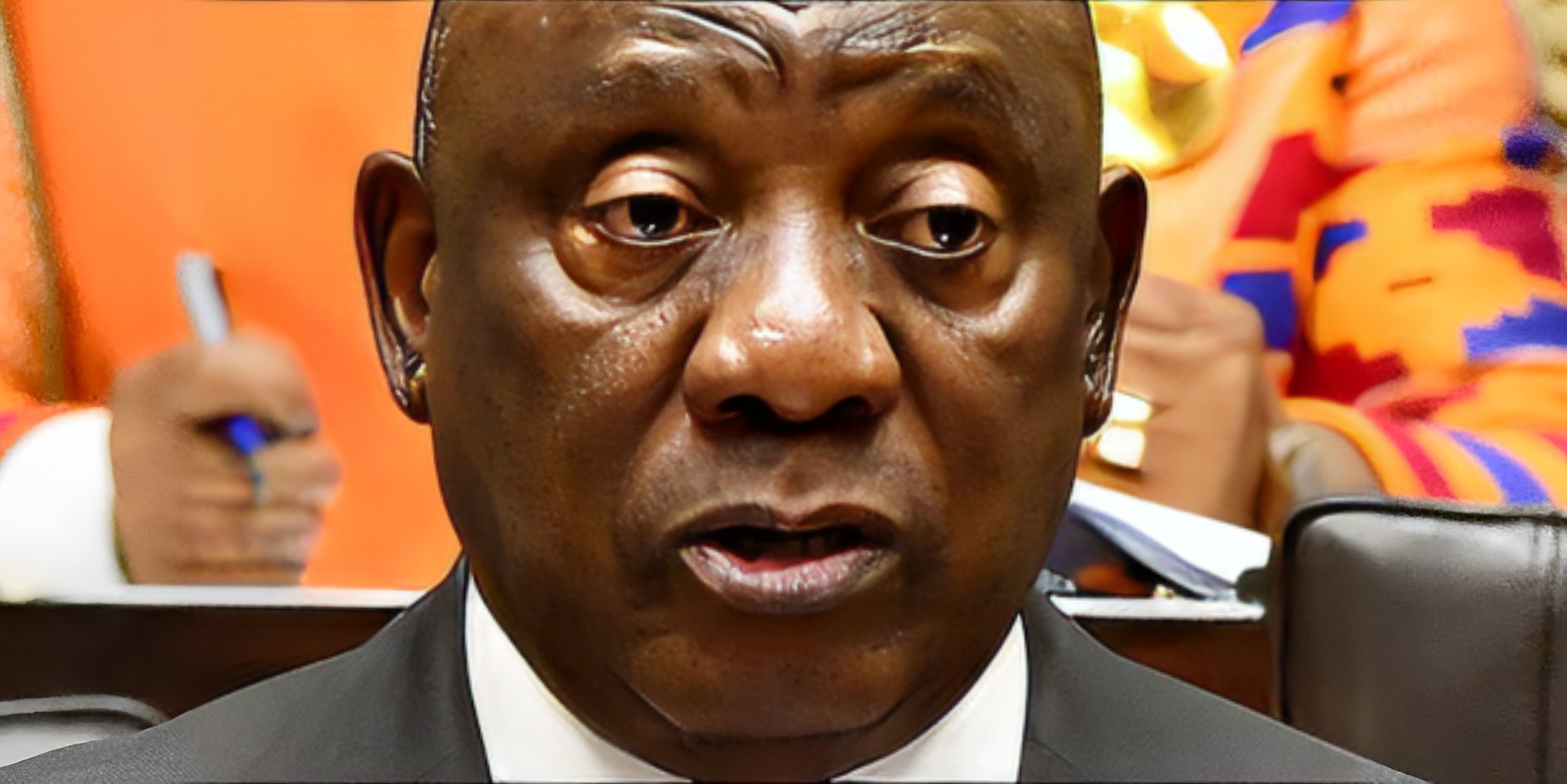The 1,220MW emergency procurement from Karpowership has been stalled for the past three years by legal action, tender irregularities and appeals by activists over environmental approvals.
Read more in Daily Maverick: ‘Misleading’ claims and Transnet fear over harbour space derail Karpowership plans for now
The Turkish company, which runs powerships off Ivory Coast, Sierra Leone, Senegal, Ghana and elsewhere, clinched a 20-year deal following the Department of Mineral Resources and Energy’s December 2019 call for 2,000MW of emergency power.
On Thursday, President Cyril Ramaphosa touted powerships – without expressly naming Karpowership – as a solution to South Africa’s rolling power cuts that leave homes and businesses without electricity for up to 10 hours a day.
“I still say today what South Africa needs right now is emergency energy... Other countries have done so. And I have been to a few countries on our continent, they have done so. They have brought in ships that are able to generate energy and immediately solved their energy problems and challenges.
“And I do believe that that is the way to go right now, to add those megawatts that we don’t have…”
Ramaphosa seemed to blame non-government organisations and others, such as activists who successfully lodged environmental appeals.
In April 2022, lobby group Outa took legal action against the National Energy Regulator of South Africa for granting three licences it argued were not in South Africa’s interest.
“It (emergency power) has been stopped by interventions that are completely out of government’s hands. Stopped by either various non-governmental organisations, which have taken the process to court… environmental issues have been raised… and that has put the brakes on immediate emergency power that could have been brought to bear…”
Mineral Resources and Energy Minister Gwede Mantashe’s support for Karpowership is on public record as recently as April, according to News24.
Coal-fired power stations
With Ramaphosa and Mantashe on the same page, the President also paid tribute to the “good diagnostics” done by his Electricity Minister in the Presidency, Kgosientsho Ramokgopa.
Following the minister’s visits to 14 coal-fired power stations, these “good diagnostics” included easing the pace of decommissioning ageing power plants. This would delay finalising arrangements for the $8.5-billion made available by the UK, US, Germany, France and the European Union for South Africa’s just energy transition (JET), or minimising the impact on vulnerable workers and communities through, for example, retraining while moving to clean energy.
On Thursday, Ramaphosa asserted that no one would tell South Africa what to do and how to do it.
“In the end, the JET has to take into account our own situation and we have got to secure our energy security. What they do in Europe is their business... We look at ourselves. We are a sovereign nation; we must look after our own interests.”
Coincidentally, Ramokgopa has done his ministerial work – from visits to diagnostics and discussions with JET funders – without any officially delegated powers. That, Ramaphosa said on Thursday, would happen “very shortly”.
Lady R bombshell
A dig at DA leader John Steenhuisen over a lack of patriotism was as good as it got as Ramaphosa sidestepped questions on whether South Africa had loaded arms and ammunition on to the sanctioned Russian vessel Lady R in Simon’s Town in December 2022: “The matter is being investigated,” said Ramaphosa, refusing to answer Steenhuisen's second-bite question.
It was an uninspired President in a mundane Q&A session. Still, ANC MPs found something to applaud in just about every presidential reply, welcomed as “comprehensive”, “detailed”, “educative” and “most informed” by governing party parliamentarians.
De Ruyter probe fallout
But insight into how the ANC views governance and accountability emerged in Ramaphosa’s answers regarding what he had done to find out who in his Cabinet was benefiting from cartel corruption at Eskom.
Comments from André de Ruyter, the state power utility’s ex-CEO, implicating high-level ANC politicians – and the privately funded, intelligence-driven investigations into sabotage and corruption – continued to play out this week.
Read more in Daily Maverick: It’s politics, stupid — Eskom board, executives and Scopa knock heads over who knew what about private corruption probe
Ramaphosa claimed “over 5,000 dockets” are dealing with malfeasance at Eskom.
On Tuesday, the SA Police Service told MPs of 1,660 general and 150 specific corruption cases under investigation, while the Hawks cited 60 investigations, in addition to the 27 in court – 12 pending for a prosecution decision.
On Wednesday, Eskom board chairperson Mpho Makwana claimed “over 2,000” dockets to Parliament’s Standing Committee on Public Accounts.
It remains unclear exactly which of those numbers is true. But such flinging about of numbers to claim success has become standard governance praxis. However, quantity does not necessarily mean quality.
As for the habit of denying something exists unless it has been directly and specifically brought to someone’s attention – this attitude has allowed ministers and officials, but also lawmakers, to ignore prickly matters like State Capture… at least until the #GuptaLeaks media revelations raised a public outcry.
On who might the “high-level politician” De Ruyter referred to be, Ramaphosa said, “I have not been presented with members of Cabinet or others involved in corruption at Eskom…”
Anyone with “credible information” should report this; nothing could be done without reports as it was otherwise all rumours and innuendo.
“If there is full information – incidents, names, occurrences and all that – that should all be put forward. Once it is put forward, I am absolutely convinced those matters will be investigated,” said Ramaphosa.
But such insistence on formal reporting, linked to quibbling whether the required detail is met, is how the governing ANC has become accustomed to sidestepping political accountability. DM





 President Cyril Ramaphosa replies to questions in the National Assembly, 11 May 2023. (Photo: GCIS)
President Cyril Ramaphosa replies to questions in the National Assembly, 11 May 2023. (Photo: GCIS)